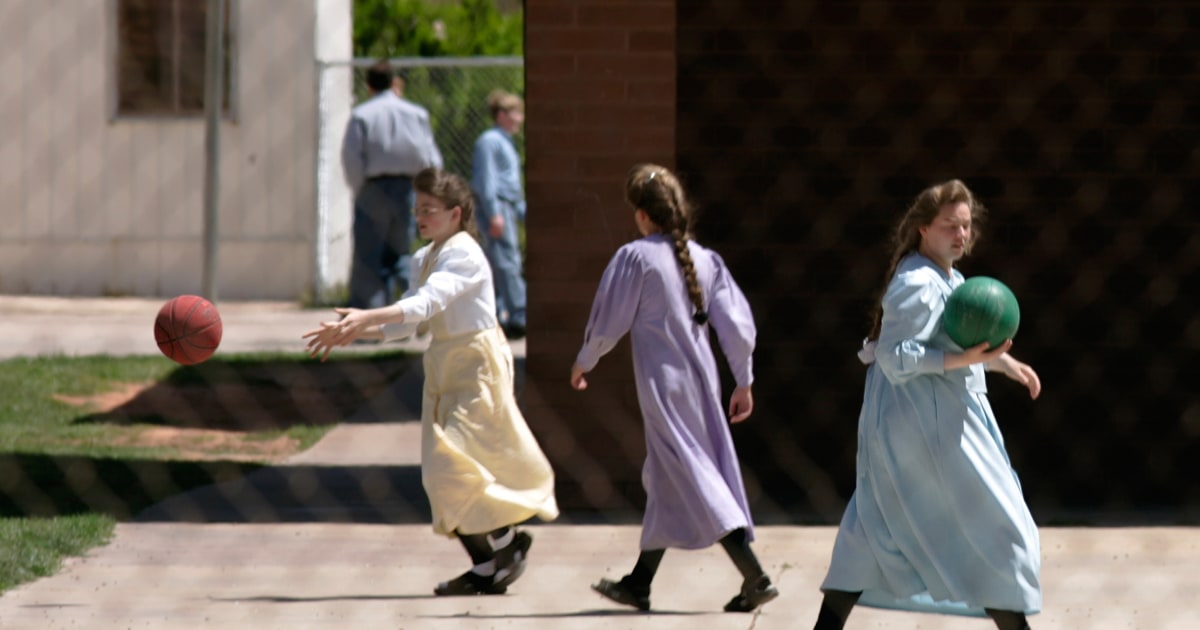- Joined
- Sep 7, 2020
- Messages
- 4,631
- Reaction score
- 2,010
- Location
- PNW USA
- Gender
- Male
- Political Leaning
- Other
Without anti-discrimination laws, would the US have more discrimination (no legal penalties, businesses free to hire based on bigotry) or less discrimination (businesses can hire people in protected classes without fearing lawsuits if they have to fire them)? Basically, do these laws do what they are intended to do, or the opposite?

